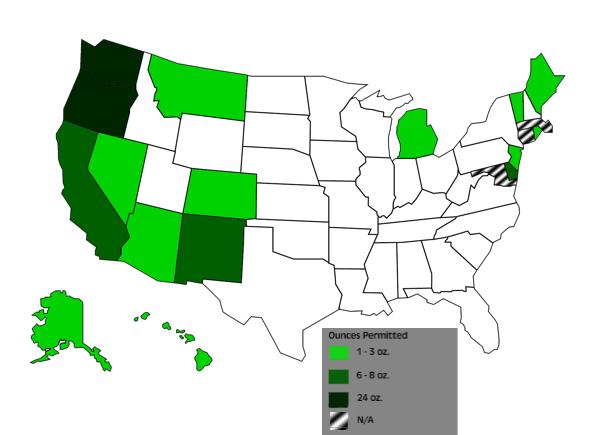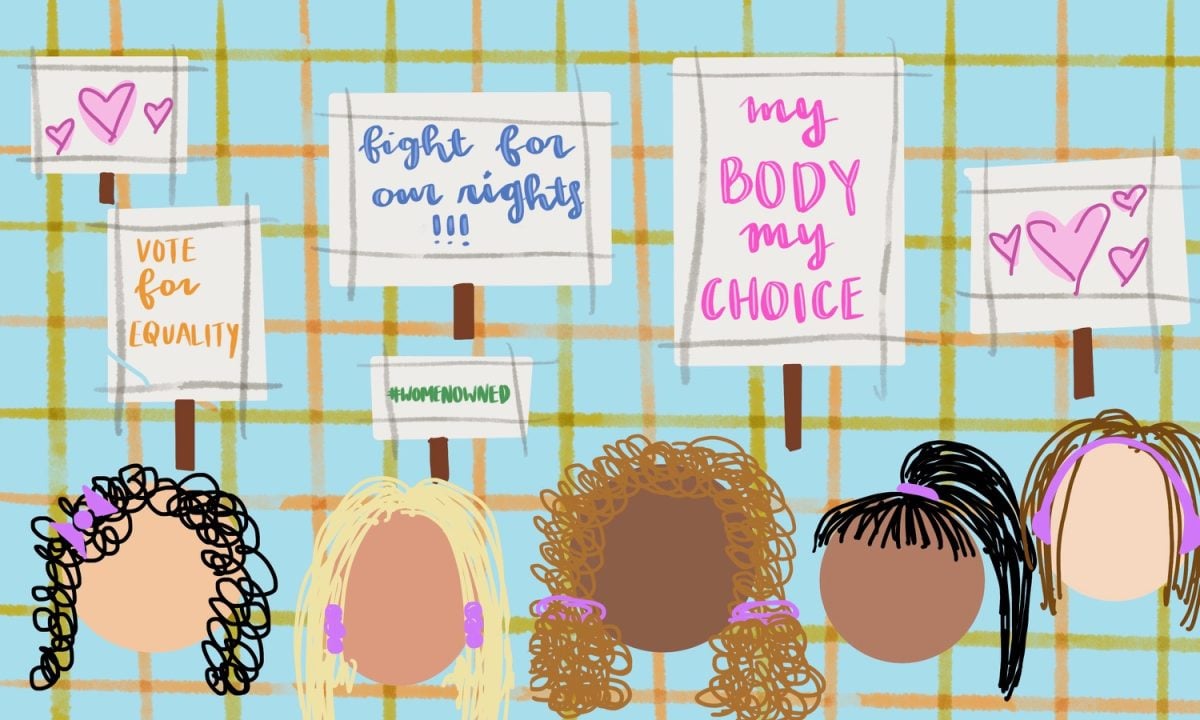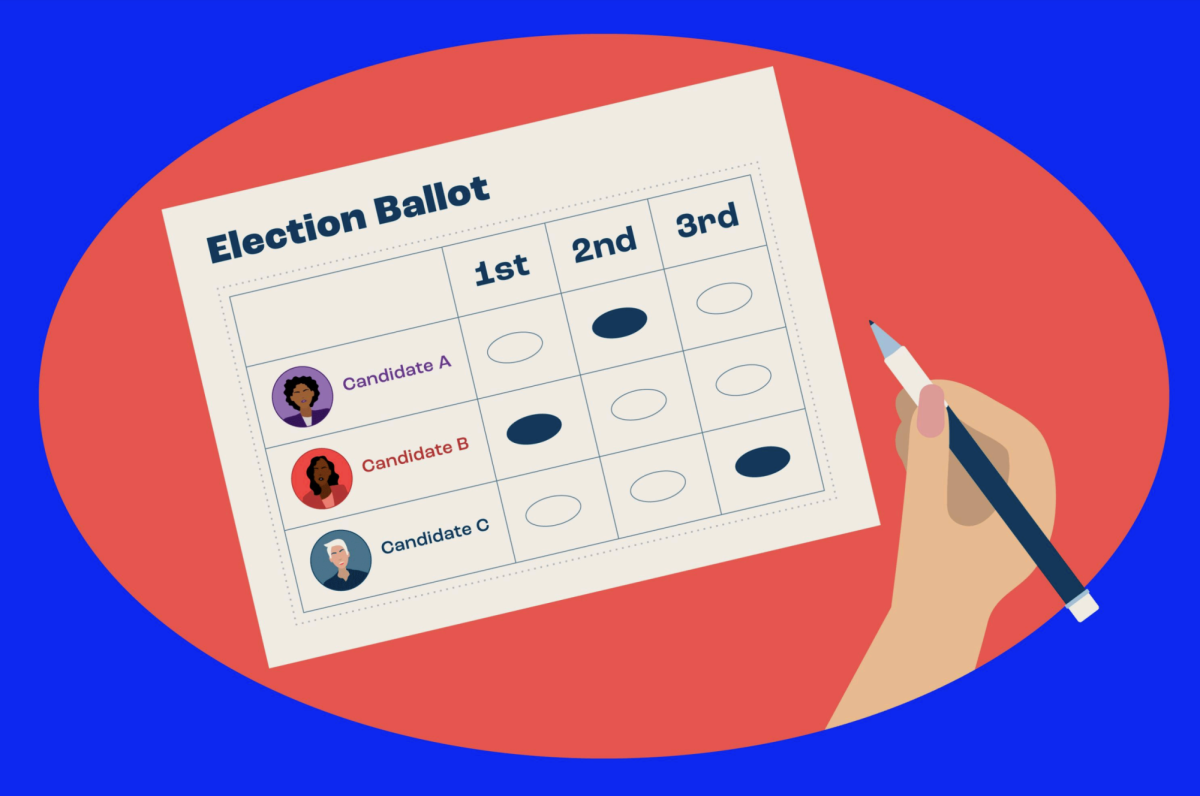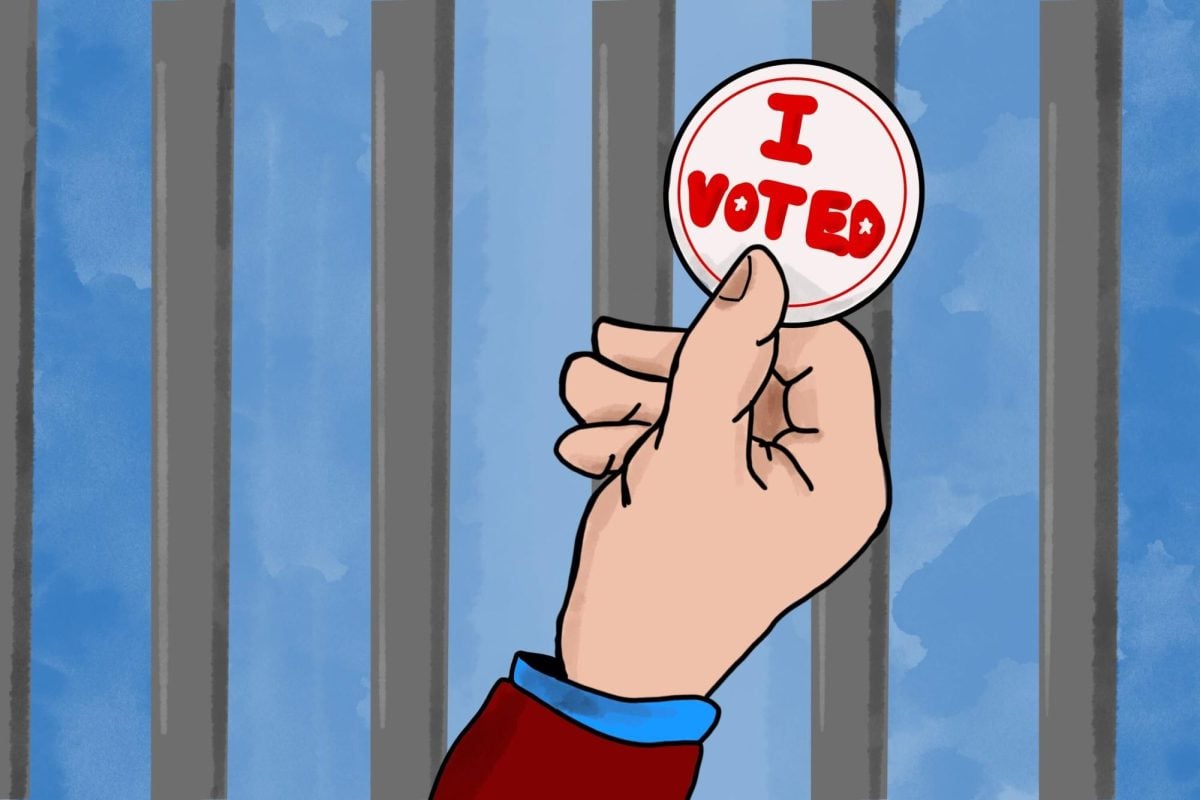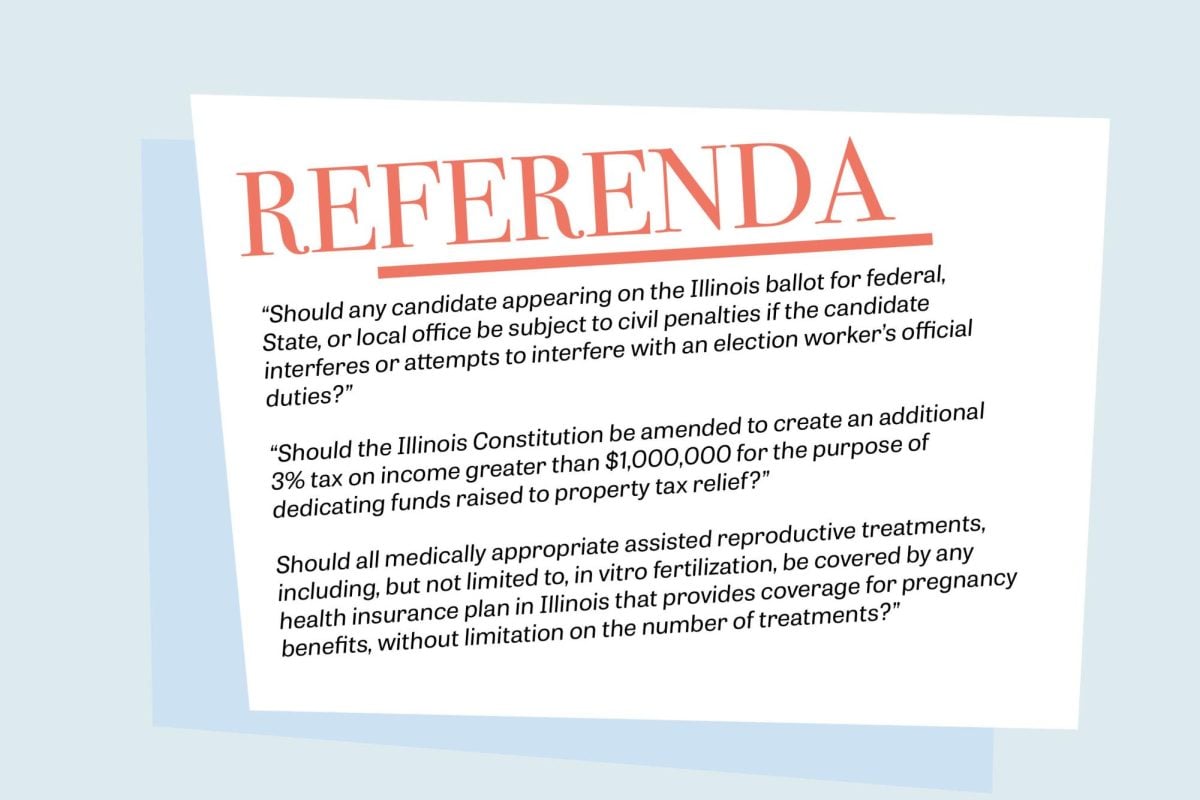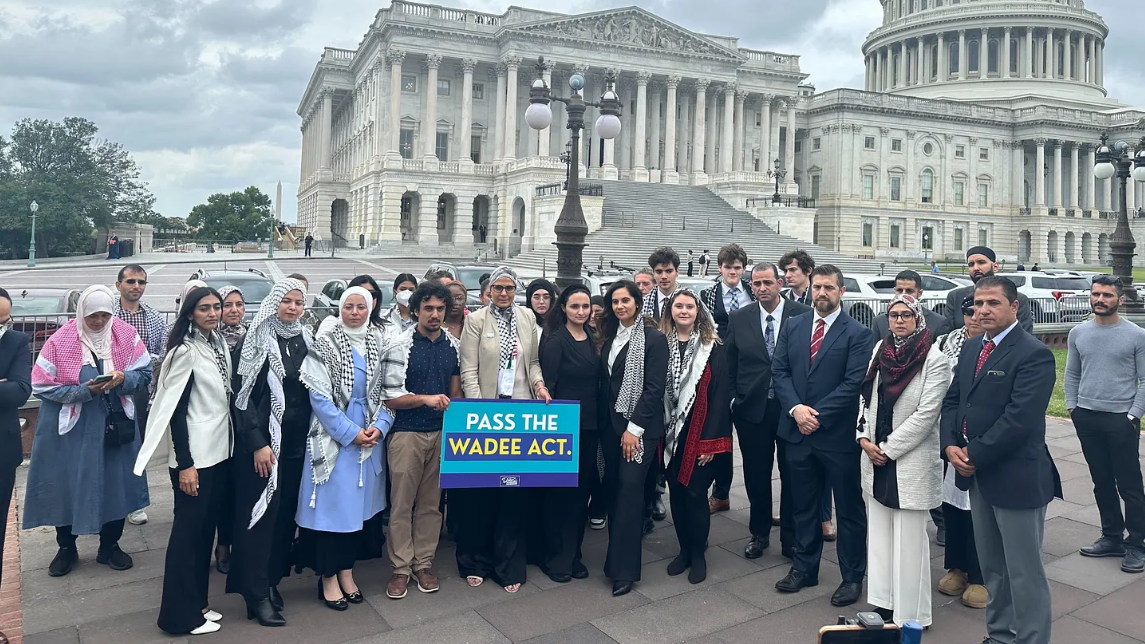A bill legalizing medical marijuana is a governor’s signature away from becoming Illinois law, which would allow Evanston residents to use the drug for medical purposes given they follow strict state guidelines.
The Evanston Police Department would have few issues enforcing the legislation, which passed the Illinois Senate on Friday, Cmdr. Jay Parrott said.
The bill would create a four year pilot program, during which medical marijuana users could legally use the drug with a photo ID and proof of a prescription. After the pilot program ends, the bill would have to undergo a renewal.
Gov. Pat Quinn will have to sign the bill into law before the state opens 60 medical marijuana dispensaries, which will likely be located in light industrial zones, said state Sen. William Haine (D-Alton), the bill’s sponsor in the Illinois Senate. Haine said he heard the governor is “open-minded” to the bill.
“He has a passion for people in difficult circumstances, and I believe this bill will appeal to that side of him,” Haine said.
The bill, if signed by Quinn, would make Illinois home to one of the most strictly regulated medical marijuana laws among 19 other states that legalize the Schedule I drug for medicinal purposes. It would authorize medical marijuana only to people diagnosed with one or more of about 30 serious illnesses, such as HIV and multiple sclerosis.
More stringent regulations were introduced to the bill after an earlier version that included a provision allowing people to grow their own medical marijuana failed to garner support years ago, Haine said.
Should Quinn sign the bill, residents would have to carry the marijuana in a container and could be subject to a $250 ticket for violating rules of possession, Parrott said.
“There are still parameters that people have to follow,” Parrott said. “The idea is to assist people with feeling better.”
Some organizations argue the bill would make medical marijuana easily accessible and lead to potential abuse. Andy Duran, executive director of Linking Efforts Against Drugs, said labeling the drug as medicine would mislead youth about its serious effects.
“It’s a harmful thing for youth,” Duran said. “We don’t want it in our communities because we know of the harm that is associated with it.”
State Sen. William Delgado (D-Chicago) said, however, that the side effects of medical marijuana compared to opiates and other hospital “pill mill” drugs are minimal. Delgado is leading legislation to curb what he sees as a widespread distribution of more harmful drugs in hospitals.
“You will never hear about an overdose of medical marijuana, the only thing is they’re going to wake up sleepy and hungry,” Delgado said.
Delgado said he knows a friend living with prostate cancer who has to travel out of state to receive medical marijuana in liquid form.
“It was so hard not to cry to know how he helped the community,” Delgado said. “Medical marijuana is not immoral.”
Amanda Gilbert contributed reporting.
